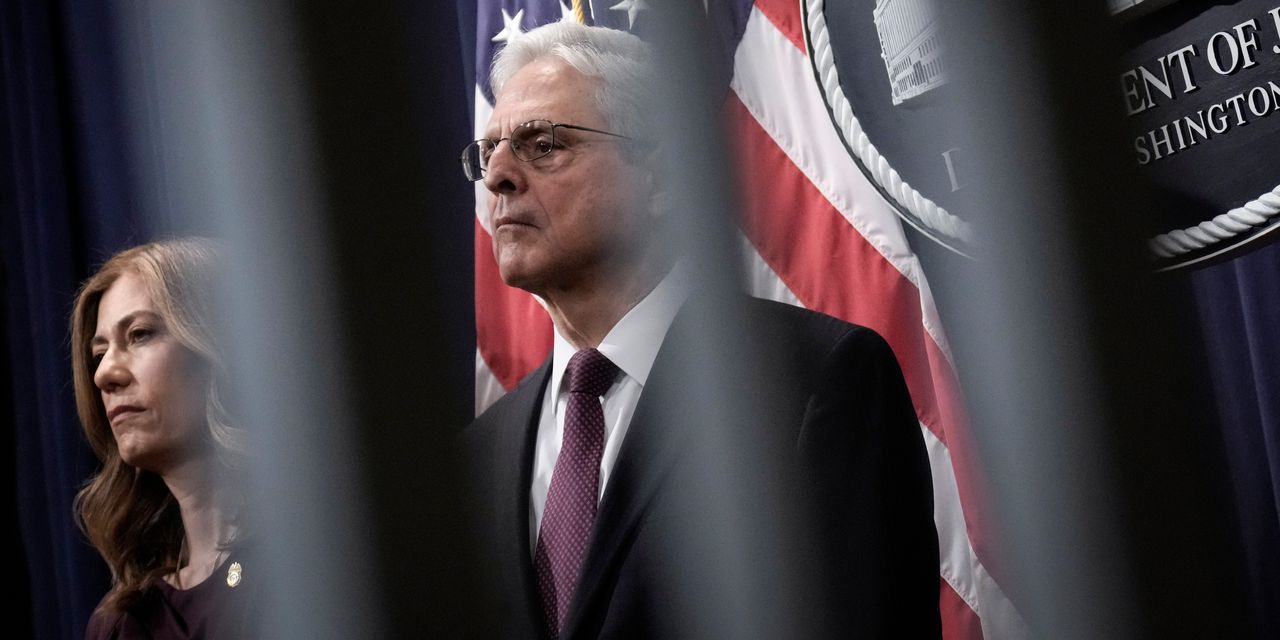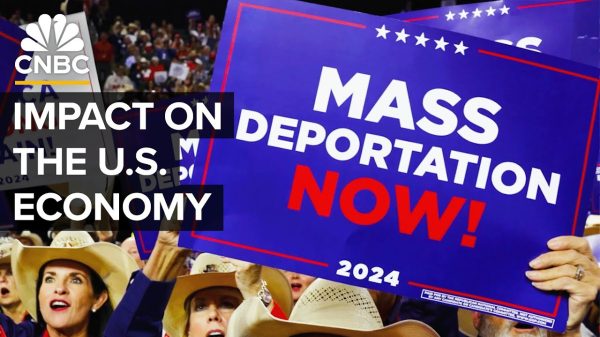The move by the Drug Enforcement Administration to review the Schedule I classification for cannabis sparked a wave of speculation and mostly positive comments from Wall Street on Thursday, but many questions remain.
Pot stocks posted double-digit percentage gains for the second straight day after the U.S. Department of Health and Human Services recommended that the Drug Enforcement Administration lower the federal classification of cannabis to Schedule III from Schedule I, where it has been since 1970.
Also read: HHS recommends rescheduling cannabis, and stocks in the sector rally
The AdviserShares Pure US Cannabis exchange-traded fund
MSOS
was up by 17.7% on Thursday afternoon, after posting a double-digit percentage gain in the previous session. The ETFMG Alternative Harvest ETF
MJ
was up by 10.5%, and the Global X Cannabis ETF
POTX
rose by nearly 7%.
Among individual stocks, Verano Holdings
VRNOF,
rose 15.5%, Ayr Wellness
AYRWF,
jumped 24%, Columbia Care
CCHWF,
rallied by 47.5% and Jushi Holdings
JUSHF,
rose by 32%.
Canopy Growth
CGC,
was up by 24%, Curaleaf Holdings
CURLF,
was up by about 21%, Tilray Brands
TLRY,
was up by 9.4%. StateHouse Holdings
STHZF,
rose by 16.6% and TerrAscend
TSNDF,
rose by 4%.
Cresco Labs
CRLBF,
was rallying by 29%, Green Thumb Industries
GTBIF,
was up by 13.2% and Trulieve Cannabis
TCNNF,
was up by 29.4%.
The DEA is not required go along with the HHS’s Schedule III recommendation, which would essentially legalize cannabis on a federal level for regulated medical use.
“It is not obvious to us that the best-case scenario will play out,” said analyst Pablo Zuanic of Zuanic & Associates., adding that “that uncertainty alone may limit the near-term upside” for cannabis stocks.
Zuanic and others predict the DEA’s rescheduling process will continue until the middle of 2024.
The DEA has final authority over drug scheduling after considering the scientific and medical evaluation by HHS and after a rule-making process that will include a public comment period, according to reports.
The DEA’s review puts comments made by the federal government’s top law-enforcement official, Attorney General Merrick Garland, in the spotlight.
During a Senate hearing in March, Garland reiterated a statement he made at his confirmation hearing that the Justice Department’s position on cannabis will be “very close to what was done” in the Cole memorandum, which was a policy put in place in 2013 that limited the role of federal law-enforcement regarding cannabis.
Garland said the department was working on an updated version of the Cole memo but that it wasn’t done yet.
“Garland has never done anything to suggest he is against cannabis reform, in fact saying previously that federal prosecution of people acting in compliance with state laws was not a ‘useful use of limited resources,’” said Jefferies analyst Owen Bennett.
The rescheduling could lead to much greater institutional ownership of cannabis stocks, which are barred from the Nasdaq and NYSE because of the Schedule I classification, he said.
It’s also widely agreed that the Food and Drug Administration would be poised to regulate cannabis, but uncertainties remain over what that would look like, Zuanic said.
“If medical cannabis is moved to Schedule III, will it become a federally approved pharma product, like all other products in the Controlled Substance Act under Schedule II to V that are deemed to have medical benefits but follow strict procedures regarding production, packaging, labeling, distribution and prescribing,” Zuanic said. “In this context, would this mean much greater FDA oversight on production? Would pharmacies be allowed to sell medical cannabis? And what about dispensaries? Would interstate trade be allowed?”
Any Schedule III move for cannabis would likely require an an accompanying federal
regulatory framework, he said.
Bernstein analyst Nadine Sarwat said the HHS recommendation may raise more questions than it answers, but overall the move to reclassify cannabis “is monumental and could mark a point of no return for federal sentiment on cannabis.”
She also listed uncertainties raised by the move, including whether cannabis will require a doctor’s prescription and how existing medical programs in 39 states might be affected, as well as whether adult-use cannabis for nonmedical uses will still be considered illegal under federal law.
HHS Secretary Xavier Becerra confirmed the scheduling recommendation in a posting on X (formerly Twitter) at 4:20 p.m. Eastern time on Wednesday. The 420 number carries significance in the cannabis world as a signal for marijuana consumption.
“I can now share that, following the data and science, @HHSGov has responded to @Potus’ directive to me for the department to provide a scheduling recommendation for marijuana to the DEA,” Becerra wrote.
Jefferies analyst Bennett said researchers would no longer have to register with the DEA for cannabis research, which would provide a boost for studies of the plant.
Most pundits agree that cannabis companies will no longer have to follow the federal government’s 280E tax exemption that prevents businesses from taking standard write-offs, since Schedule III drugs are not included in the measure. This could save cannabis companies millions in tax payments per quarter.
Greenwave Advisers analyst Matt Karnes said a federal excise tax of roughly 10% to 12% could serve to replace lost 280E revenues.
Based on the $24 billion estimate for total legal cannabis revenue in 2022, an excise tax of 12% would generate about $2.8 billion, he said.
TD Cowen analyst Jaret Seiberg said moving cannabis to Schedule III is far from a perfect solution.
“There are political reasons for why it may be delayed,” Seiberg said. “Cannabis would now be FDA regulated, which means the state regimes would still conflict with federal law. It is why this also does not solve banking or capital markets.”
Also read: TerrAscend says Morgan Stanley, BNY Mellon lift custody ban on cannabis for Toronto Stock Exchange listing
Read the full article here













